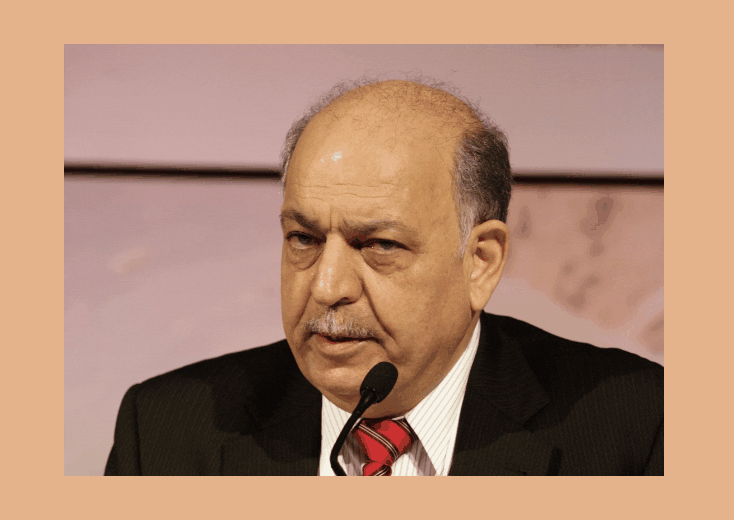Iraq’s oil minister on Sunday blasted ExxonMobil for evacuating its foreign staff from the West Qurna 1 field, saying all international oil companies working in the country have a secure environment, according to a report from S&P Global Platts.
The American oil major’s decision “has absolutely nothing to do with the security situation in the southern oil fields or any threats,” Thamir al-Ghadhban said in a statement. “It is mainly due to political tensions sweeping the region and the withdrawal is unacceptable nor justified.”
ExxonMobil withdrew its 30 foreign staff from the large field, Iraqi state-run Basra Oil Company said Saturday, following a US State Department warning about security risks from Iran-backed paramilitary groups and ordered departure of all non-emergency employees from the US embassy in Baghdad and the consulate in Erbil.
The withdrawal comes amid rising regional tensions between the US and Iran over Tehran’s nuclear program and the tightening of US sanctions.
The West Qurna 1 field, which currently produces 440,000 to 490,000 b/d of oil and 150 to 200 Mcf/d of gas, is run jointly with BOC staff under ExxonMobil supervision, and ExxonMobil will continue to manage the field from its Dubai office, according to BOC. A call to ExxonMobil’s office in Houston for comment wasn’t answered outside normal business hours.
Ghadhban said he has asked ExxonMobil in a letter to return its staff to Iraq according to the long-term agreement to operate the key oil field.
The minister added that he will be meeting with ExxonMobil officials this week upon their request to discuss the withdrawal of staff and the multi-billion South Iraq Infrastructure Project, which has received an initial nod from both Iraq and ExxonMobil.
Earlier this month, Iraq’s Council of Ministers gave the oil ministry the green light to finalize terms of the long delayed deal with ExxonMobil and PetroChina.
SIIP — under negotiation since at least 2015 — is a complex, multifaceted project worth tens of billions of dollars. The ExxonMobil-led consortium would develop the Nahr Bin Umar and Ratawi oil fields in southern Iraq, increasing production to 500,000 b/d from a combined 100,000 b/d.
SIIP is not formally linked to the US waiver to Iraq allowing gas and power purchases from Iran, Prime Minister Adil Abdul-Mahdi said earlier this month. That waiver expires in June.
Source: S&P Global Platts



